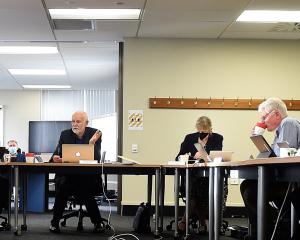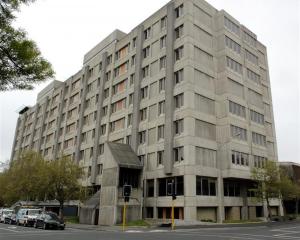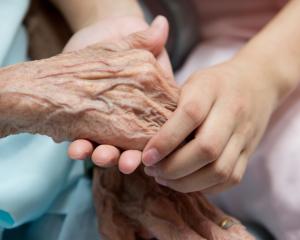The loss of senior health positions in Invercargill had fed a perception Southland was being marginalised as a consequence of this year's district health board merger, committee member Neville Cook said at yesterday's disability support and community and public health advisory meeting in Invercargill.
Mr Cook said he was relaying feedback from Southlanders about this month's centralisation, in Dunedin, of the health board's planning and funding team.
The restructuring involved the DHB's finance, and planning and funding, departments.
As a result, 6.5 to 6.8 full-time equivalent jobs went, saving the board about $333,000 a year.
The new structure is officially in place, although not all the appointments have been made.
Mr Cook said some senior managers in Invercargill did not apply for new roles because they were unwilling to move to Dunedin.
A lack of information stymied board members.
When asked by members of the public, Mr Cook had to tell people he did not know what was going on, and "I hate saying that".
Southlanders feared losing their voice because of the health board merger, and centralising the senior jobs made it seem as if that was occurring.
The old Otago and Southland boards merged on May 1, forming the Southern District Health Board.
Member Peter Barron said it would have been useful if the proposal had come before committee members to ensure it had input on the focus of newly created roles.
Member Kaye Crowther was concerned among new health portfolio groups, none were specifically for women's, young people's or children's health.
She agreed with Mr Cook about the perception Southland was losing out to Dunedin.
Committee chairman Errol Millar defended the restructuring.
An appropriate process, including staff consultation, took place, he said.
Board and committee members were kept informed through an internal news service.
Senior managers deciding the new structure were guided by strategy plans developed by the board, he said.
DHB funding and finance general manager Robert Mackway-Jones said employees needing to relocate for new roles had been an "unfortunate consequence" of restructuring.
The main reason for the changes was not to cut costs, but to improve operations, he said.
The submissions were broadly in favour of the changes, he said.
The Dunedin team would be careful not to lose touch with Southland providers involved with DHB services.
Addressing Mrs Crowther's concern, he said women's, children's and youth health was part of the primary and community role.











